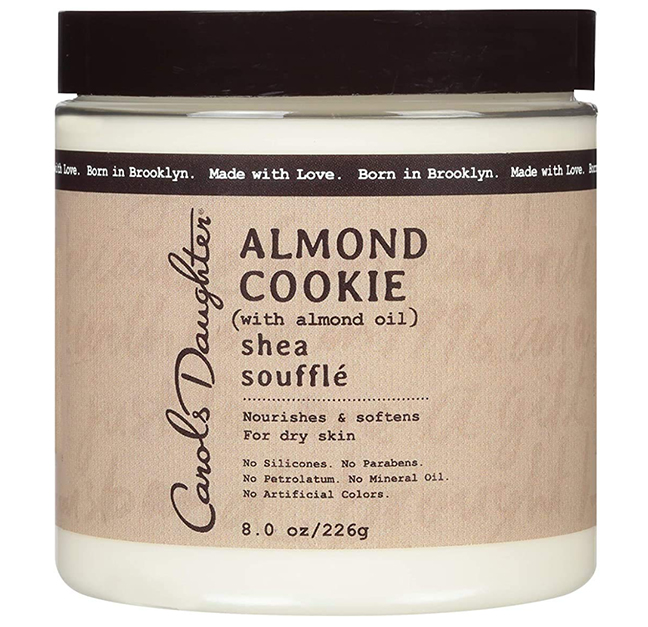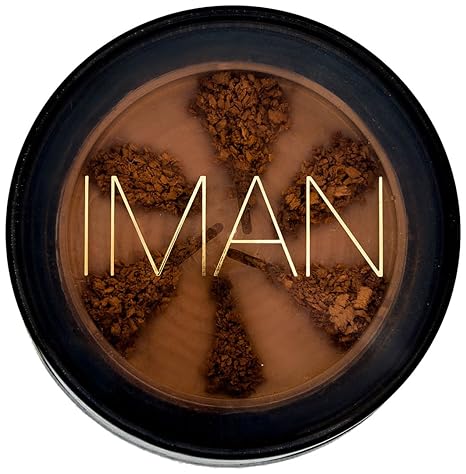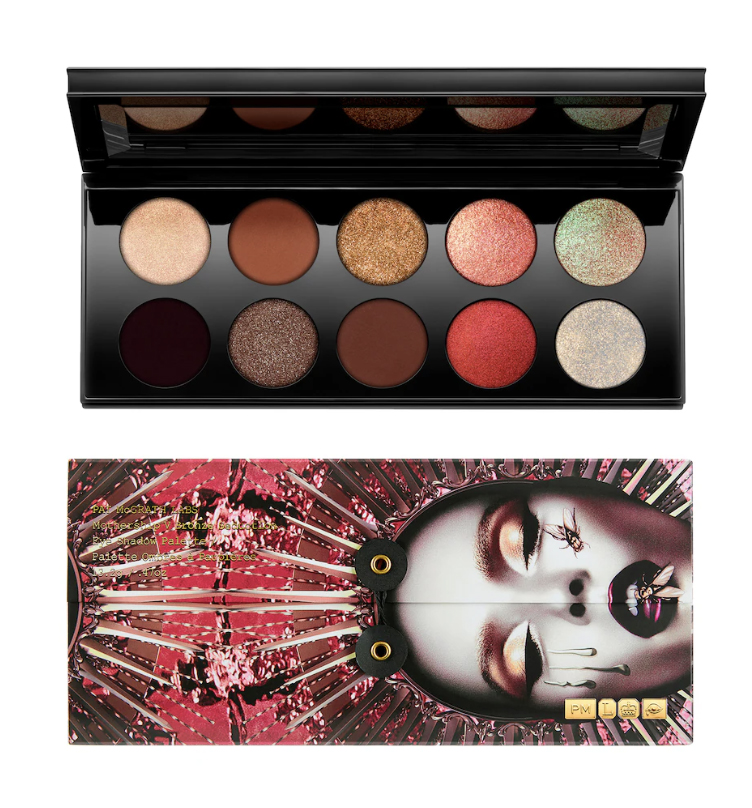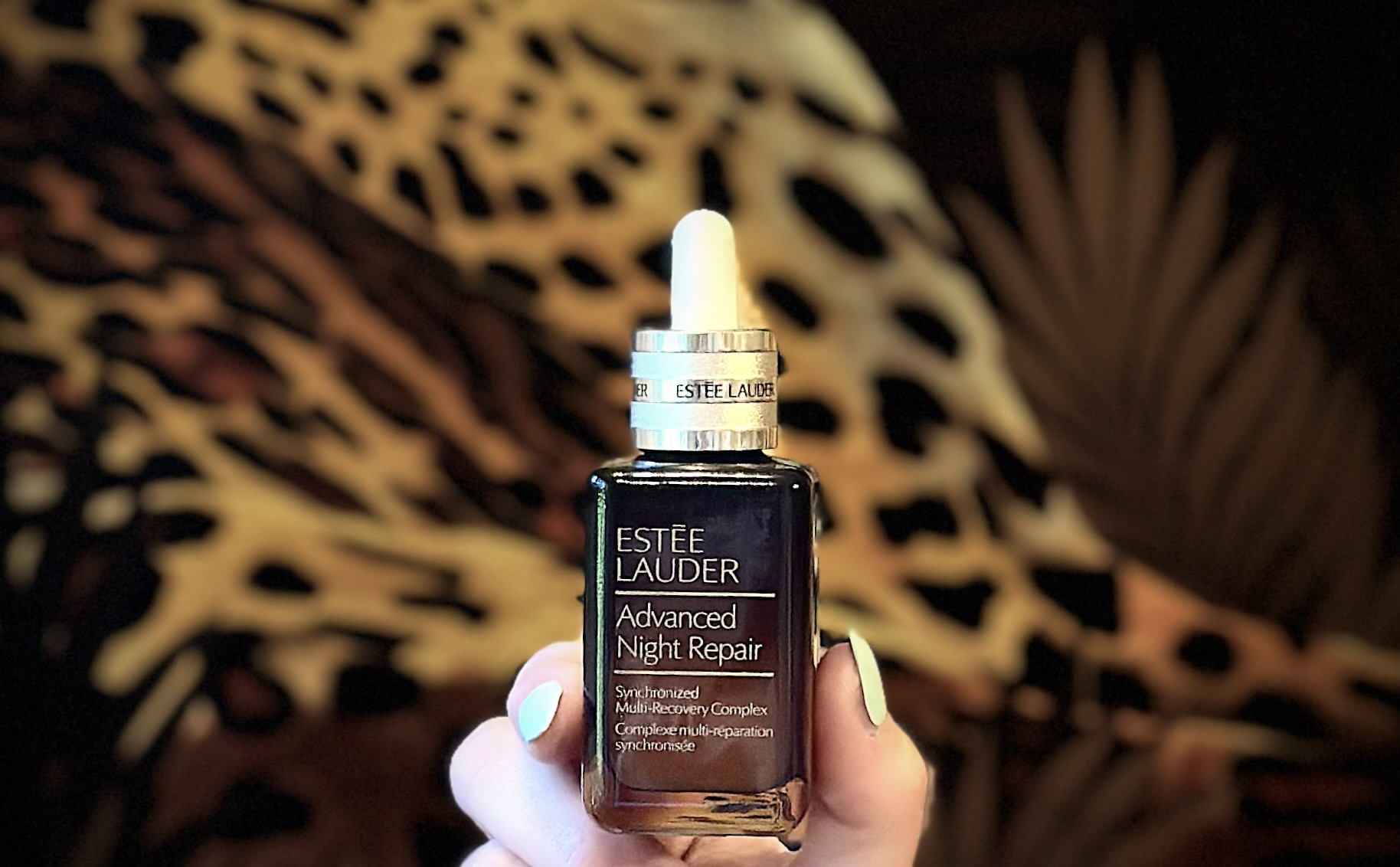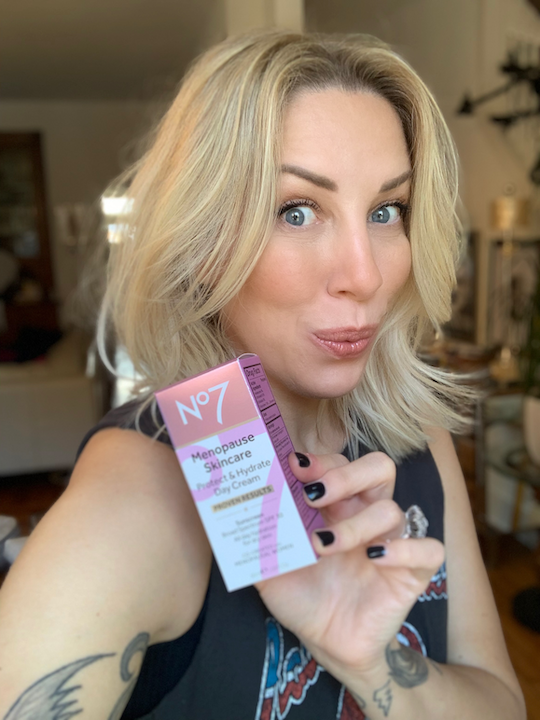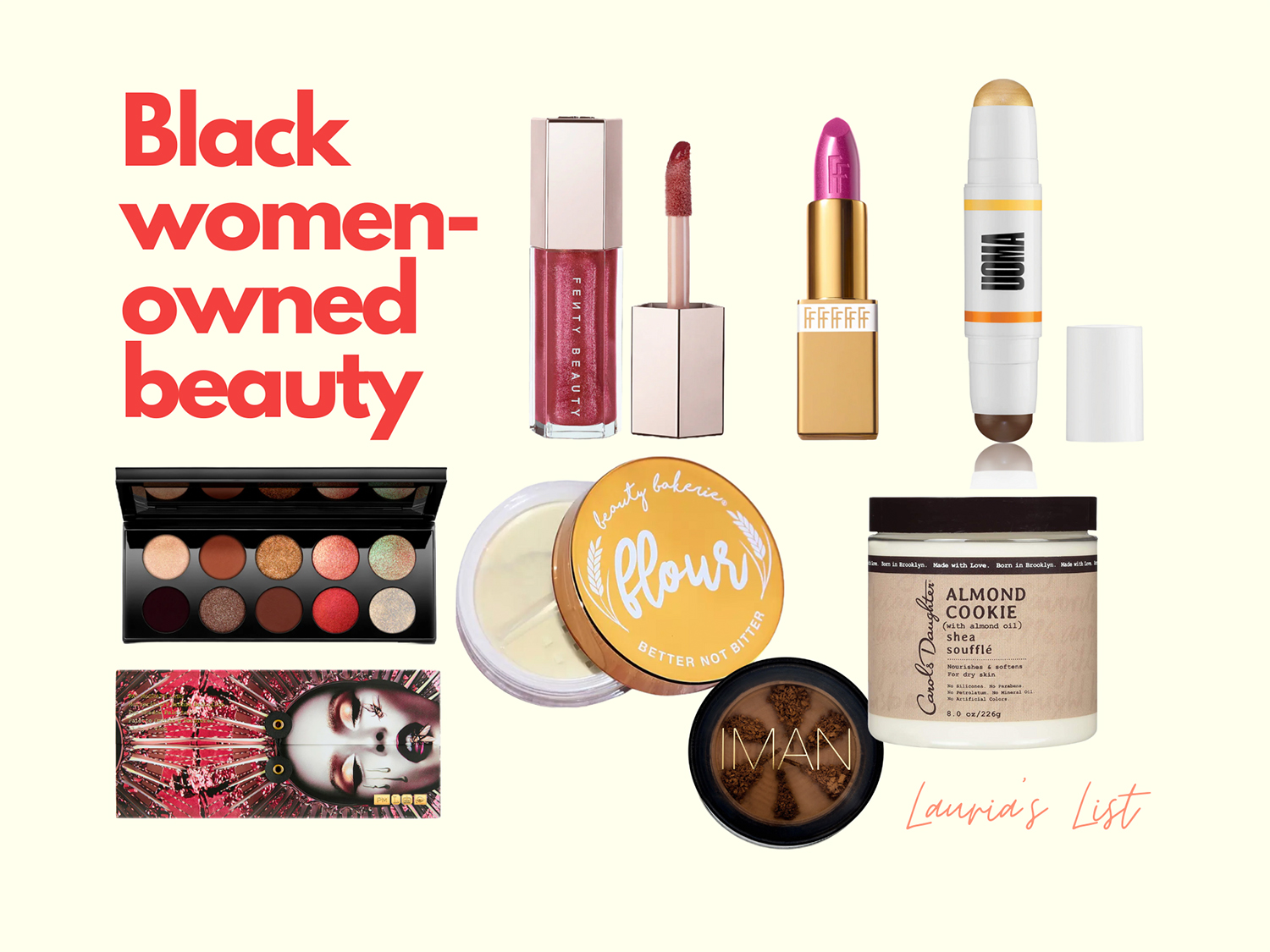
Black women-owned beauty brands you’ll love
Fact: Regardless of the type of retail store — whether it’s a drugstore, mass-market store, specialty beauty retailer, or department store — beauty products from Black brands make up less than 7% of what’s on shelves (mckinsey.com, 2021).
I very clearly remember shopping beauty looks for a video shoot that featured three Black models, early in my career. My amateur makeup kit had a modest range of colors from Ben Nye and other stage palettes recommended to me by my incredible — and Black — theatrical makeup professor and mentor in college.
When I went shopping to add more hues (because I was young and poor and mostly bought makeup that my pale face could wear, too), I was shocked to find such a limited color selection. I went to three drug stores to get what I needed for the one shoot — and that was my introduction to the bias and limitations that Black and brown women face in the beauty industry. I also realized that the feminist dialogue at the time, subject to dissecting the almighty male gaze, was whitewashed by Anglo ideals as well. A double stab in the heart.
Now over 25 years later, most beauty brands (note the recent controversies of Tarte, BeautyBlender, and YSL for their limited hues) have expanded their ranges to include almost all skin tones. Let’s celebrate and support the legacy of Black women-owned brands over the decades, and those making recent launches into the very important spectrum of beauty offerings.
Fashion Fair
Founded in 1973 by Eunice Johnson

As the first makeup brand for dark skin, Fashion Fair launched in 1973 by Black-beauty pioneer Eunice Johnson. When founding Ebony magazine with her husband, publisher John H. Johnson, Eunice began the Ebony Fashion Tour, a fundraiser that featured Black designers and models, who mixed makeup to create the right colors. First created as “The Capsule Collection” in 1969, a mail-order line, Fashion Fair soon became the first Black brand to sell in prestige markets, expanding to hair products, skincare, and fragrances.
Try: Today, Fashion Fair stands “committed to creating vegan, transformative products for a diverse spectrum of ethnic skin tones.” Begin your collection with a gorgeous, non-drying FF Iconic Lipstick, and fall in love with this legacy brand.
Carol’s Daughter
Founded in 1993 by Lisa Price
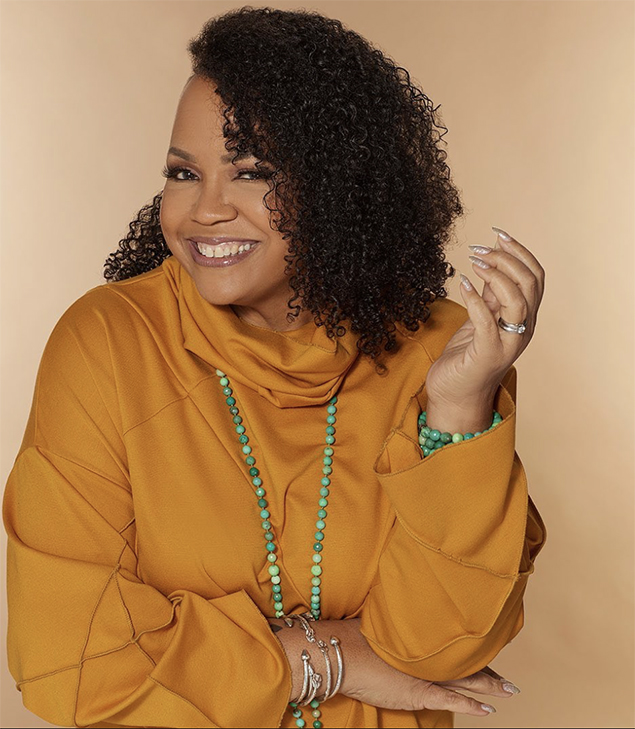
Lisa Price founded Carol’s Daughter in her Brooklyn kitchen, mixing up fragrances, creams and healing oils as a creative outlet from her TV production career. In 1993, Lisa’s mother Carol – the namesake of her company – encouraged her to start selling from her living room and flea markets. Word of mouth and celebrity customers like Jada Pinkett-Smith and Erykah Badu landed her a seat in the L’Oréal family in 2014, where Lisa was able to expand her “made with love” line.
Try: Carol’s Daughter Almond Cookie Shea Soufflé, now revered with a cult-status following, delights with a delicious vanilla-scented softness to nourish the skin for 24 hours. Like most of Carol’s Daughter products, this body cream contains zero silicones, parabens, petroleum, mineral oil nor artificial colors.
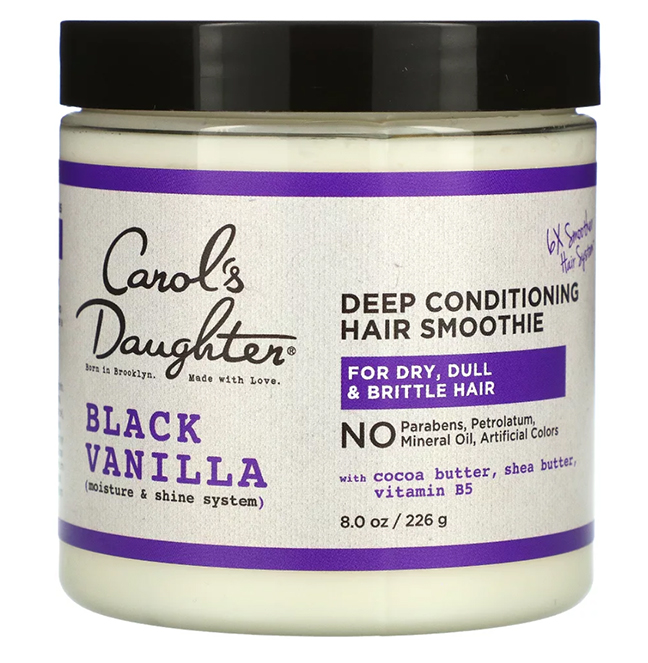
Buy here on Amazon or here on Target.com
IMAN Cosmetics

Makeup artists used to ask Iman if she brought her own foundation to shoots. (Could you even imagine?) Deeply affected and committed to change, the supermodel turned CEO, activist and author, launched IMAN Cosmetics in 1994, specifically for “African American, Asian, Latina and multicultural women.” She explained that Black women “needed to be told that they were beautiful, invited to sit at the table, and courted in high style: women of all skin tones want to look good when they rule the world.” In 2021, IMAN closed shop, having employed 100% women, 85% who are Black.
Why: While IMAN is no longer in production, the iconic brand absolutely had to be on this list. If you’re lucky, you can still score powders, foundations and lipsticks online from retailers like Amazon and Walmart. Run (virtually), don’t walk.
Beauty Bakerie
Founded in 2011 by Cashmere Nicole

Breast cancer survivor Cashmere Nicole founded Beauty Bakerie in 2011 with the mission “to be sweet and sweeten the lives of others.” During her treatment, the single mother and nurse turned entrepreneur researched product ingredients, inspiring her to create healthier options. Her “better, not bitter” approach caught Beyonce’s eye, who posted about Beauty Bakerie for Breast Cancer Awareness month in 2015. Now, the all-inclusive, cruelty-free line actively gives back, most notably to its initiative Sugar Homes, which supports orphaned children worldwide.
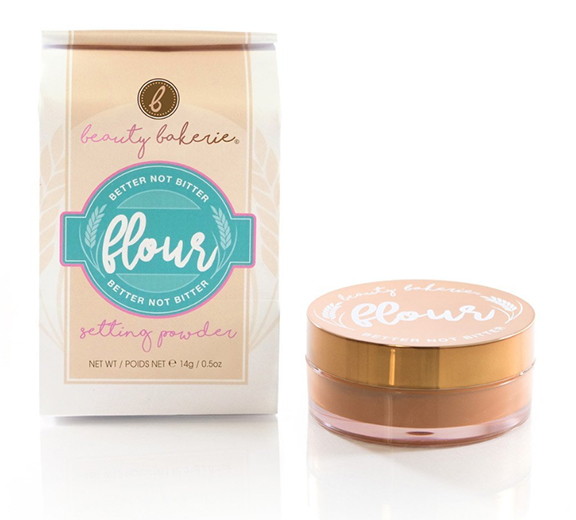
Try: Beauty Bakerie became renowned for its Oat Flour® Setting Powder, ranging in five shades, from “Rice” (white) to “Cacao” (warm brown). Made for baking – when you set your concealer and foundation, whilst highlighting and catching eye makeup fallout – this powder beautifully absorbs oils and adds a flawless finish to your look.
PAT MCGRATH LABS
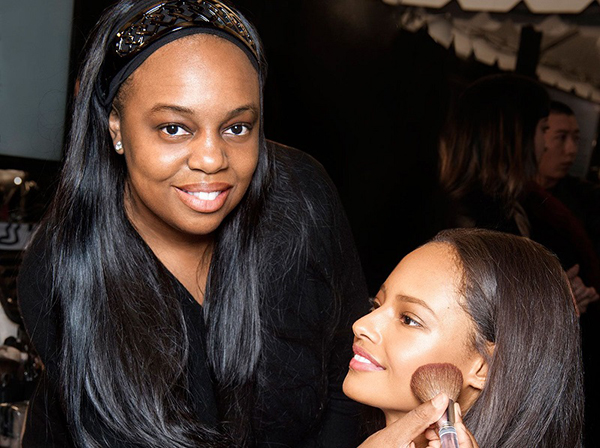
Founded in 2015 by Pat McGrath
Anna Wintour described award-winning Pat McGrath as “the most influential makeup artist in the world.” Growing up in Northampton, U.K., in the ‘70s and ‘80s, Pat credits her makeup “addiction” and training to her mother. “There was no makeup for women of colour,” she told The Guardian. “NOTHING. That’s what my mother’s search was all about.” To compensate, Pat and her mother mixed and played with colors, crediting this experimentation to her avant-garde artistry that launched her career. Pat’s work can be seen in countless editorials, fashion ads, and runways – where she conceptualizes looks for more than 60 ready-to-wear and couture shows each season. Pat has partnered on cosmetic lines with Armani, Dolce & Gabanna, Covergirl, Max Factor and more until she launched her own, PAT MCGRATH LABS in 2015, pushing the boundaries of beauty on a global scale.
Try: Pat McGrath’s Mothership eyeshadow palettes (specifically, “Mothership V, Bronze Seduction”) wins awards left and right for its richly pigmented, professional-grade hues. Plus, pulling out her iconic lipstick case in any color is a silent but mighty beauty-biz name-dropper.
Fenty Beauty
Founded by Rhianna in 2017

Rhianna launched Fenty Beauty and Fenty Skin in 2017 when she experienced first hand – despite working with the industry’s top artists – a void among cosmetic tones for various skin types. Fenty, which launched with 40, now 50, foundation shades, quickly rose to cult status as being a leader for inclusivity in the industry. Resolute to change the face of beauty, Rhianna continues to cast a spectrum of represetation, including transgender models, in her campaigns.

Try: With over 12 THOUSAND reviews on Sephora (at time of publication), Fenty’s coveted Gloss Bomb Universal Lip Luminizer speaks for itself. Its generous shine, perfect touch of color and non-sticky Shea butter formula beat what so many lines try to create – the perfect lip gloss.
UOMA Beauty
Founded in 2019 by Sharon Chute

Founded by Sharon Chuter of Nigerian heritage in 2019, UOMA, which means “beautiful,” believes that “beauty starts the moment you decide to be yourself.” Previously an executive at L’Oreal, Revlon, and Benefit, Sharon saw the impact that Fenty had on the industry – and how other brands tried to bank on this “trend.” Determined to walk the walk, Sharon’s conversations about the lack of diversity in beauty lead her into ULTA’s boardrooms, where shared her dream and launched her brand, her tribe.

Try: UOMA’s Beauty Double Take Contour Stick features a contour shade on one end, and a highlighter on the other. The creamy formula, infused with lychee extract, glides on easily and seemingly melts into the skin – perfection for those who want simplicity, suited for both face and eyes.
Sure, we can now find maybe hundreds of different makeup hues available to us – and this is a good thing – but the changes we need to see in the beauty industry have only just begun. As UOMA’s Sharon Chuter tells Forbe’s: “Until the industry fixes its house inside, we will not see the output. As an industry, we need to learn to embrace differences, uniqueness, heritage, and identity. We need more diversity at the top of organizations – more women and more people of color.”
Be the reader, consumer, beauty junkie, or business GAL who pushes this agenda. Buy from this list and the other incredible Black brands you read about and see on display at your stores. Beauty comes from the inside out, and the more we support this – the more we see this – the sooner our reality, it becomes.


